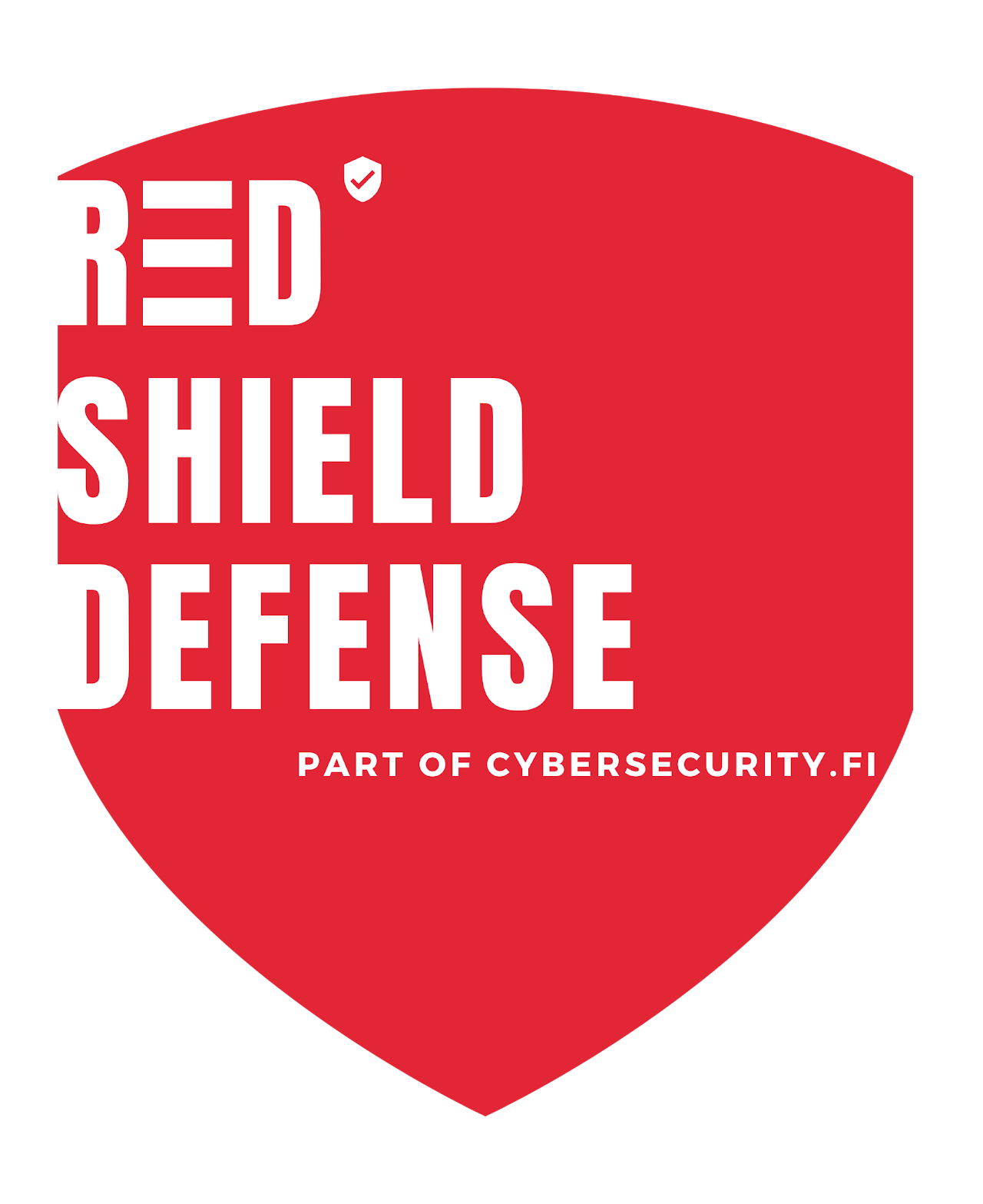- Assessment
Conduct a thorough evaluation of your current compliance status. - Strategy Development
Formulate a customized compliance strategy with actionable steps - Implementation Support
Offer expert guidance throughout the implementation phase.
Your Partner in Compliance Certification and Training
Providing comprehensive solutions to meet your compliance needs.

Assessment
Comprehensive evaluations to ensure your organization meets regulatory standards.
Certification
Obtain necessary certifications to demonstrate compliance and build trust with your stakeholders.
Compliance Training
Equip your team with the knowledge and skills to maintain compliance and mitigate risks.
Comprehensive Compliance Solutions
Our platform helps you manage compliance easily. It simplifies your processes and ensures you meet all regulatory requirements without hassle.
 Risk Assessment
Risk Assessment
Identify and mitigate potential compliance risks within your organization. Our comprehensive risk assessment services help you stay ahead of potential issues and maintain a robust compliance posture.


 Policy Development
Policy Development
Develop and implement effective compliance policies tailored to your organization's needs. Our experts work with you to create clear, actionable policies that ensure regulatory compliance.

 Continuous Monitoring
Continuous Monitoring
Keep track of your compliance status in real-time. Our continuous monitoring services provide you with the insights and alerts you need to maintain compliance and address issues promptly.

How We Help
We offer personalized services tailored to your unique needs, including risk assessments, policy development, and continuous monitoring. Our goal is to provide you with the tools and support necessary to maintain a strong compliance posture.
Dynamic Risk Assessment
Our Dynamic Risk Assessment service provides continuous evaluation of potential risks across your organization. By leveraging advanced analytics, we identify and prioritize emerging threats in real time. This proactive approach allows you to address vulnerabilities swiftly and adapt your strategies to evolving risks, ensuring robust protection and informed decision-making.
 Proactive Threat Evaluation
Proactive Threat Evaluation
Our Proactive Threat Evaluation service focuses on the ongoing identification and assessment of potential threats within your organization. Utilizing state-of-the-art risk assessment tools, we provide real-time analysis of threat patterns and vulnerabilities. This forward-thinking approach helps you anticipate and mitigate risks before they impact your operations, ensuring a resilient and secure environment.
.png)
Compliance regulations vary by industry, but common ones include GDPR for data protection, HIPAA for health information, and SOX for financial practices. It's essential to stay updated on regulations specific to your industry to ensure compliance.
To ensure compliance with data protection regulations, implement strong encryption, conduct regular data audits, and ensure that access controls are strictly enforced. Regularly review and update your data protection policies as regulations evolve.
Effective compliance auditing involves establishing clear audit objectives, conducting thorough and regular reviews, and documenting findings meticulously. Engage with experienced auditors and ensure corrective actions are promptly addressed.
Stay informed on compliance changes by subscribing to industry newsletters, participating in relevant webinars, and engaging with professional organizations. Regularly review updates from regulatory bodies and consult with compliance experts.
Common compliance challenges include maintaining up-to-date documentation, ensuring employee training, and adapting to regulatory changes. Address these challenges by implementing robust compliance management systems and providing ongoing staff training.
Compliance officers are responsible for overseeing compliance programs, ensuring adherence to regulations, and providing guidance on compliance-related matters. They play a crucial role in developing policies, conducting training, and managing audits.
Address non-compliance issues by conducting a thorough investigation, documenting findings, and implementing corrective actions. Engage with regulatory bodies as necessary and review policies to prevent future occurrences.
Maintaining strict compliance helps avoid legal penalties, protects organizational reputation, and ensures operational efficiency. It also builds trust with clients and stakeholders by demonstrating a commitment to ethical practices.
Technology can streamline compliance management through automated reporting, real-time monitoring, and data analysis. Compliance management systems and software tools can help track regulatory changes and ensure adherence to standards.
Develop a strong compliance culture by promoting transparency, providing regular training, and setting a clear tone from leadership. Encourage open communication and make compliance a core value of your organization.
Our Certifications
We hold several key certifications that demonstrate our expertise and commitment to industry standards. Explore how our certifications contribute to our comprehensive solutions.

CISO
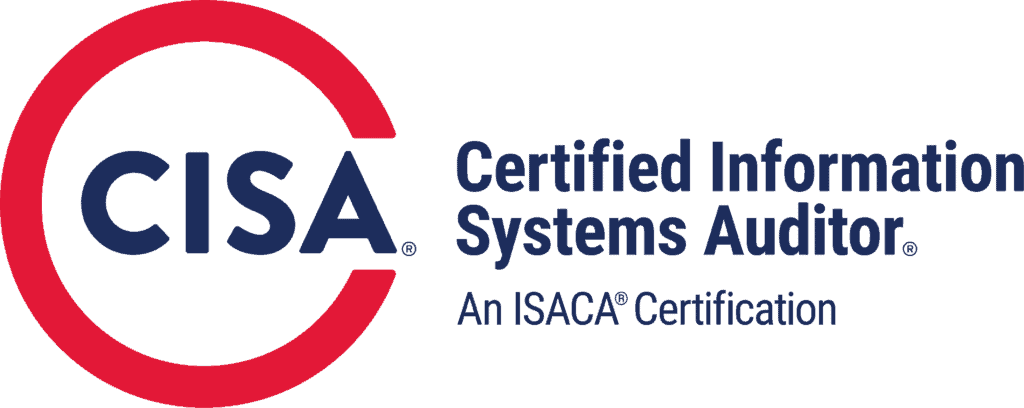
CISA
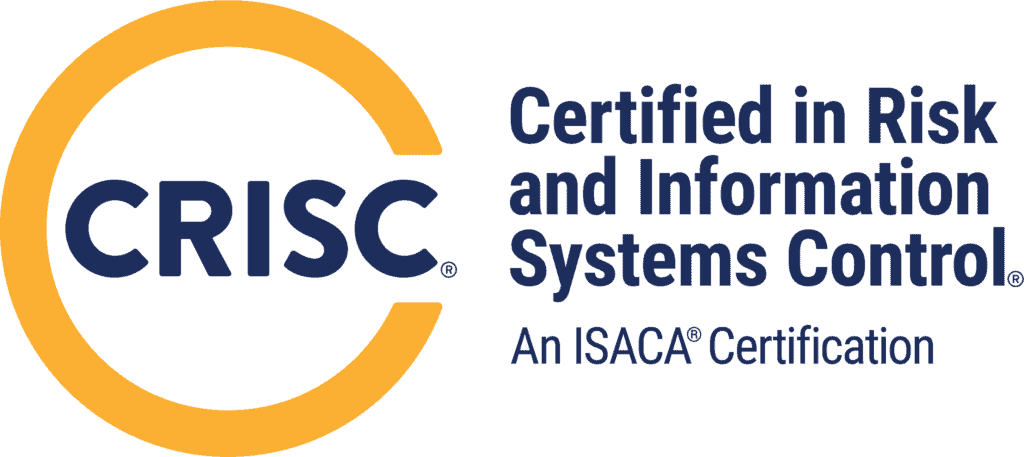
CRISC
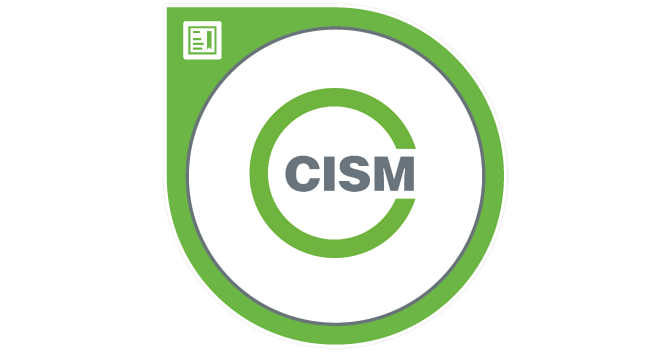
CISM
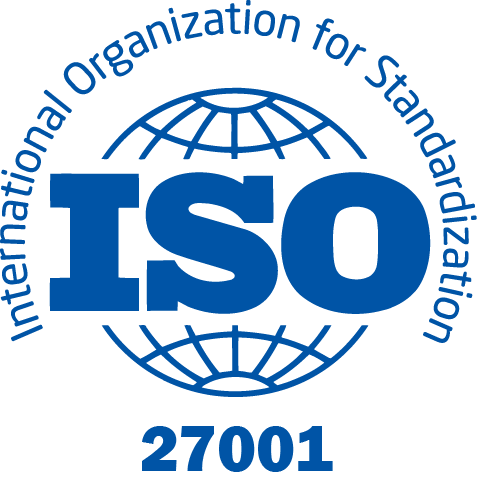
ISO 27001

